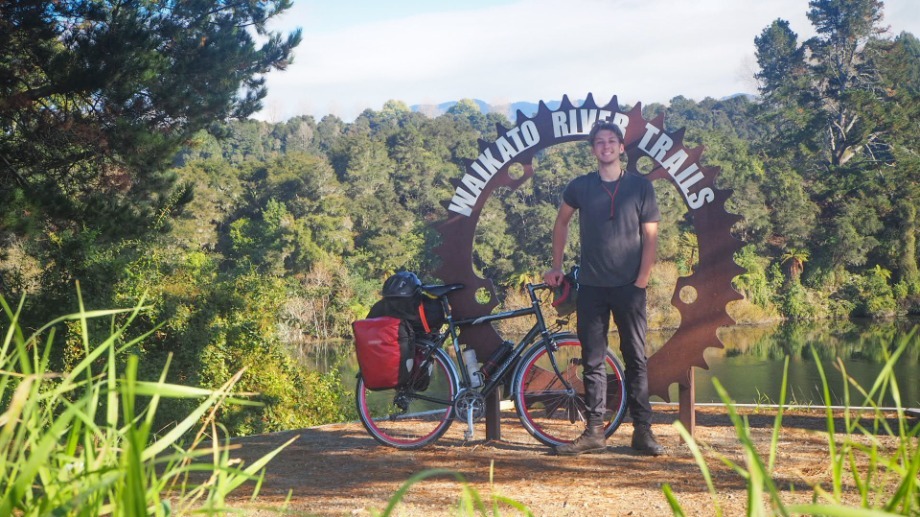Blog


A Grey Innovation team member writes from New Zealand where he discovers first hand the great need for the technology he's been working on since graduating as a mechanical engineer.
After working on the development of the Eco Detection water quality monitoring product for over two years at Grey innovation, I was craving travel during the restricted COVID era and seized the opportunity to move to New Zealand once the Trans Tasman bubble opened.
I decided to start my journey with a tour of the north island by bicycle. Seeing New Zealand’s rainforests and attempting to get over its mountains on my bike was a great insight into the country's incredible nature.
Whilst cycling through the West Waikato region, I arrived at a scenic reserve campsite as the sun began to set. After struggling up some hills with my loaded bike I rinsed my face and refreshed myself in the stream next to camp, content with the serenity of the spot I had stumbled upon. As I was running low on water, I boiled some water from the stream to keep as reserves in case it was needed.
On my way out of the campsite the next morning, the sign by the entrance, which I had missed when entering at dusk made me pause. “On occasion the water on this site may be unsafe to the touch …due to toxic algae”.
It didn’t take me long to empty my extra bottle hoping to find another source along my way.
Although I don’t believe the toxic algae was growing at this time of year, the disconnect between the serene surroundings and the warning of toxicity felt strange.
As conditions change quickly and many campsites are in remote areas, I tried to find information online regarding water safety, but this only helped occasionally due to internet access.
After departing Grey Innovation and my first-hand work on Eco Detection, it was ironic to come so quickly into ‘literal’ contact with the New Zealand’s water quality issues. With the help of Eco Detection’s network of data, I hope such issues can be tackled soon.
By Adam Carr

